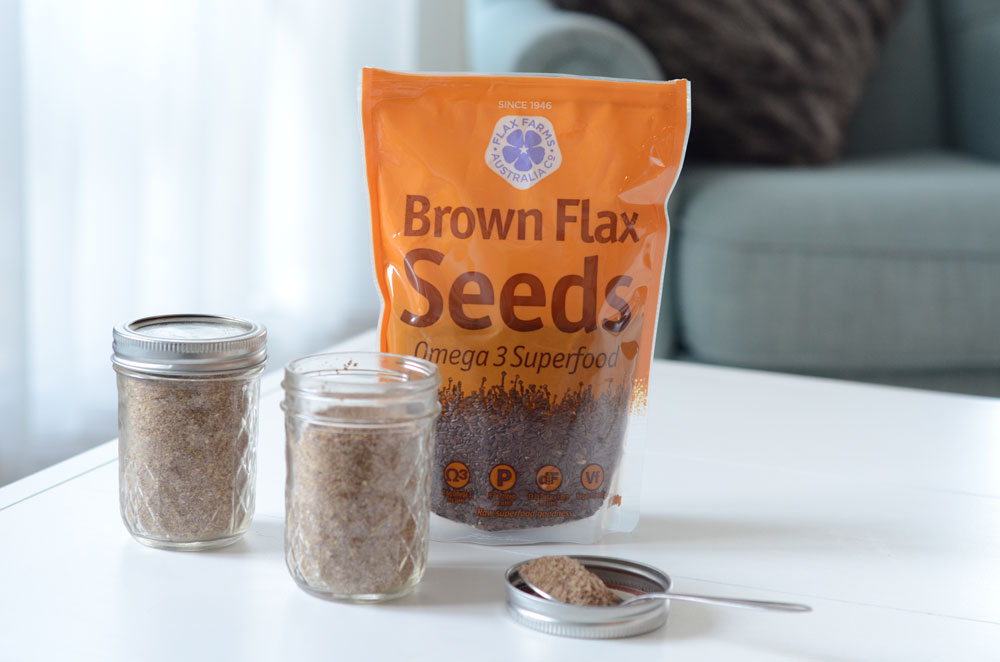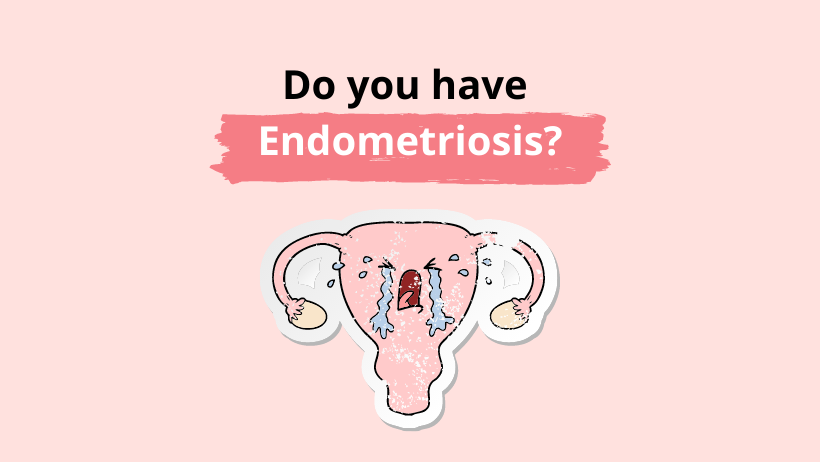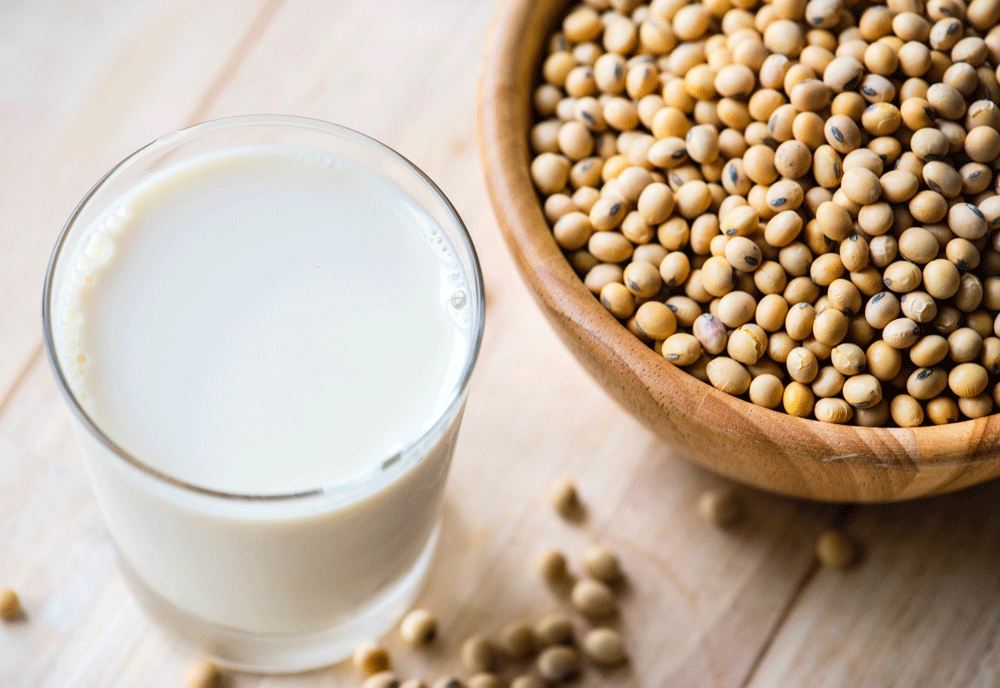Are you not feeling like yourself and wondering if they are symptoms of peri-menopause?
The early stages of peri-menopause can be confusing and not very obvious.
For some women it can be mood swings, almost like going through puberty with heightened irritability and reduced patience.
Other peri-menopausal symptoms can range from insomnia, hair loss, to flooding at that time of month.
In this article I am to share with you the most common peri-menopausal symptoms and give you a better understanding of why this is occurring.
Transitioning through to menopause takes on average 2-12 years for women to move from peri-menopause to post menopause. Throughout this transition, symptoms can vary significantly as hormones shift and drop off.
Natural medicine can lend a supporting hand as you transition through this new hormonal change, minimising the severity and rollercoaster of symptoms.
Symptoms of Peri-menopause
Peri-menopause is the early stage of menopause and is the time that most women will seek my help.
This is where a myriad of symptoms start to come to the surface such as:
- Mood swings
- Heavy periods which can lead to flooding
- Extended periods
- Breast pain
- Fluid retention
- Weight gain
- Increased irritability and reduced ability to cope with external stressors
- Hair loss (male pattern balding)
The reason for these symptoms isn’t low oestrogen (this only occurs once you’re close to menopause).
It’s instead driven by elevated oestrogen where oestrogen fluctuates to almost three times the normal amount.
Excess Oestrogen and Low Progesterone in Peri-menopause
Excess oestrogen can drive a number of the symptoms above, but one in particular that I see a lot in practice are heavy periods to the point where it causes flooding.
Oestrogen will increase the thickness of your uterine lining which still needs to shed. The higher your oestrogen is, the thicker your uterine lining is which leads to a heavier period. This will lead to considerable iron loss and fatigue if it isn’t managed.
As you get to the end of your ovarian reserve (egg reserve), you stop ovulating as frequently. This then causes progesterone to drop off because it’s only produced after you ovulate.
Progesterone deficiency can trigger a number of symptoms such as:
- Increased irritability
- Anxiety
- Reduced ability to cope with stress
- Breast tenderness
This hormone also plays an important role in regulating sleep, as its metabolite allopregnanalone acts on the brain to increase GABA, your relaxing hormone. As this drops off you may find you become more restless at night, making it more difficult to fall asleep or stay asleep.
High Testosterone and Hair Loss
Progesterone deficiency through peri-menopause can also cause other hormonal imbalances such as elevated testosterone which can lead to symptoms such as:
- Androgenic alopecia (male pattern balding on top of the scalp)
- Dark hair growth on the face and body
- Abdominal weight gain
Not all women going through peri-menopause will experience these symptoms, especially if testosterone was on the lower end prior to menopause.
Certain women will have a tendency to process testosterone down the 5-alpha-reductase pathway instead of the 5-beta-reductase pathway. This increases the risk of experiencing hair loss, dark hair growth on the face and body, and hormonal acne.
This symptom is often genetic, so if you’re mum had issues with male pattern balding it is likely that similar genes have been passed onto you.
Comprehensive Hormone Testing
If you are in your 40’s and are starting to experience signs and symptoms of peri-menopause, but your blood tests say other wise, then you may benefit from comprehensive hormone testing through dried urine analysis.
Dutch testing can tell us exactly where you are hormonally, if you are oestrogen dominant, progesterone deficient, and what pathway your body is naturally metabolising testosterone plus so much more.
I may recommend this test during your consultation if we need to determine exactly where your hormones are to better tailor your treatment. To learn more about Dutch testing click here.
Natural Medicine Support for Peri-menopause
There is so much that can be done to support your body to transition through menopause more peacefully. When I support women through peri-menopause we take into consideration the following.
- Support your gut health and microbiome through high fibre and prebiotic rich foods to assist oestrogen metabolism and prevent it from sky rocketing.
- Support liver detoxification of oestrogen through cruciferous vegetables (e.g. broccoli, cauliflower, cabbage) and herbal support such as St Mary’s thistle.
- Balance moods and reduce irritability with supportive nutrients such as magnesium, vitamin C, B vitamins and taurine. I’ll often use tailored herbal liquids to reduce these symptoms quickly if they are severe.
- Reduce flooding and heavy periods with the support of herbal medicine such as tienchi ginseng and shepherds purse
- Reduce hair loss, and body hair growth with herbal and mineral support to inhibit 5-alpha-reductase such as zinc, and saw palmetto.
Going through menopause can be a very challenging time for some, where you may not even feel like yourself as you struggle with mood changes and lack of sleep.





